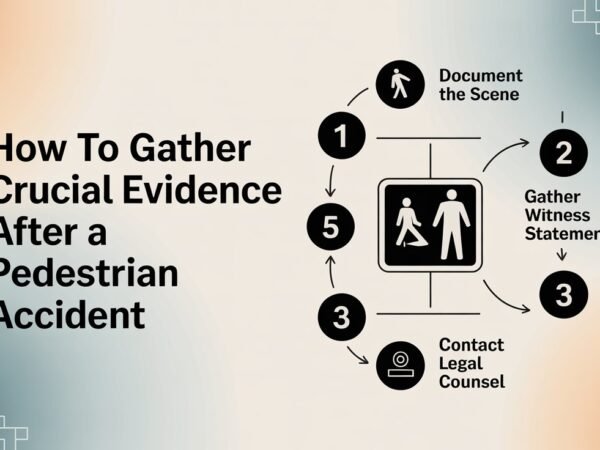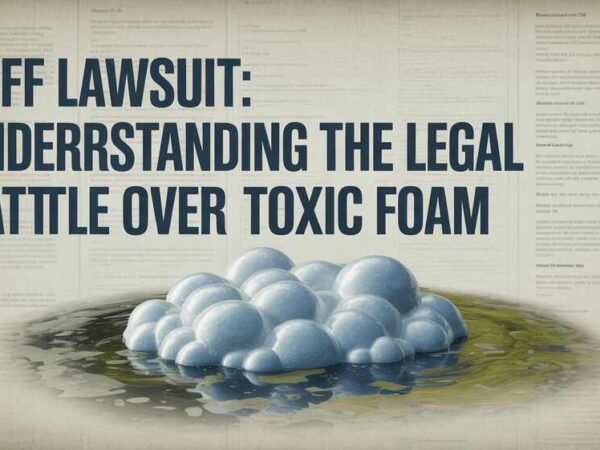Wilderness therapy programs have long been viewed as a beacon of hope for parents struggling with their teenage children’s severe behavioral issues. These programs, which blend therapeutic sessions with outdoor activities, aim to redirect negative behaviors through the healing powers of nature. One such provider, blueFire wilderness, has recently found itself at the center of a significant legal challenge. This article delves into the lawsuit against blueFire wilderness, exploring the grave allegations made by former participants and their families.
Understanding wilderness therapy
Wilderness therapy is not a new concept; it has been used for decades to address a variety of emotional, behavioral, and psychological issues among adolescents. The premise is simple yet powerful: by removing young people from their regular environments and placing them in nature, they can develop new perspectives, skills, and behaviors under professional guidance. Typically, these programs include hiking, camping, and group sessions, which foster teamwork, resilience, and personal growth.
The emergence of the lawsuit
The lawsuit against blueFire wilderness was initiated by a group of former participants and their guardians, who brought serious accusations against the program’s administration. Filed recently, this legal action has cast a shadow over the wilderness therapy industry, mainly focusing on the safety and well-being of its participants. The allegations suggest profound negligence on the part of blueFire wilderness, which, if proven true, could have damaging implications for the provider and its future operations.
A closer look at the allegations
Several distressing claims concerning the program’s operations and its impact on the participants are at the heart of the lawsuit. Among the most severe are:
- Negligence: This encompasses the program’s alleged failure to ensure its participants’ physical and emotional safety, purportedly leading to harm.
- Emotional Distress: Participants report severe emotional and psychological distress as a result of their experiences at blueFire wilderness, which they claim were caused by the program’s harsh conditions and inadequate support.
- Breach of Duty: The lawsuit accuses blueFire of failing to fulfill its obligations to safeguard and responsibly care for its participants, breaching the trust placed in them by the families.
- Inadequate Staff Training: There are claims that blueFire staff lacked the necessary training to deal with the complex needs of their charges, further endangering the well-being of participants.
- Unsafe Conditions: Allegations point to hazardous and unsanitary living conditions that participants had to endure during their time in the program.
- Lack of Transparency: The program is also criticized for needing to be upfront about the risks involved, leaving parents and participants inadequately informed about what the therapy would entail.
The immediate impact of the allegations
The fallout from the lawsuit has been swift and significant. blueFire wilderness has faced scrutiny from the media, parents, and regulatory bodies, prompting an internal review and the suspension of certain staff members. The program has publicly committed to making necessary improvements to ensure participant safety and to regain public trust. However, the controversy has already affected enrollments and the overall reputation of blueFire wilderness.
Calls for industry reform
This lawsuit has ignited a broader debate about the need for comprehensive reform within the wilderness therapy sector. Advocates for change argue for standardized regulations, more precise guidelines, and more stringent oversight to ensure such programs can no longer operate in a grey area where the potential for neglect remains high. The industry faces a critical moment where it must address these challenges and implement changes that safeguard all participants’ well-being.
Conclusion
The allegations against blueFire wilderness are serious and highlight significant concerns within the wilderness therapy industry. The lawsuit will likely offer insights that could lead to better participant protection and reshape how such programs are regulated and managed. For families considering wilderness therapy, the situation underscores the importance of thorough research and consultation with healthcare professionals before enrolling a child in any program. The blueFire wilderness lawsuit serves as a cautionary tale, reminding us that even programs designed with the best intentions must be rigorously evaluated and held to the highest standards to genuinely benefit those they aim to help.
Do Read: A Closer Look at the Great Western Buildings Lawsuit













